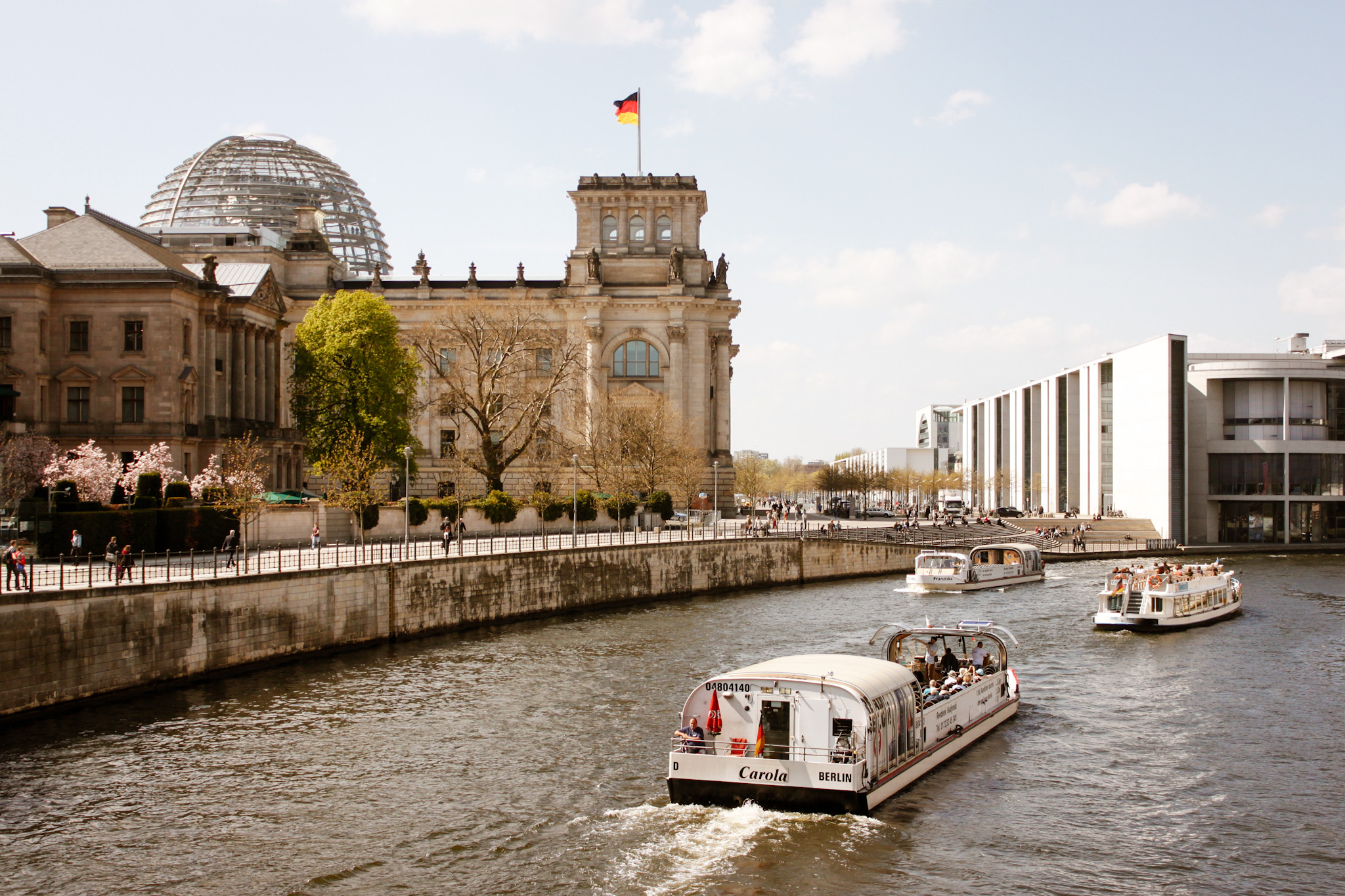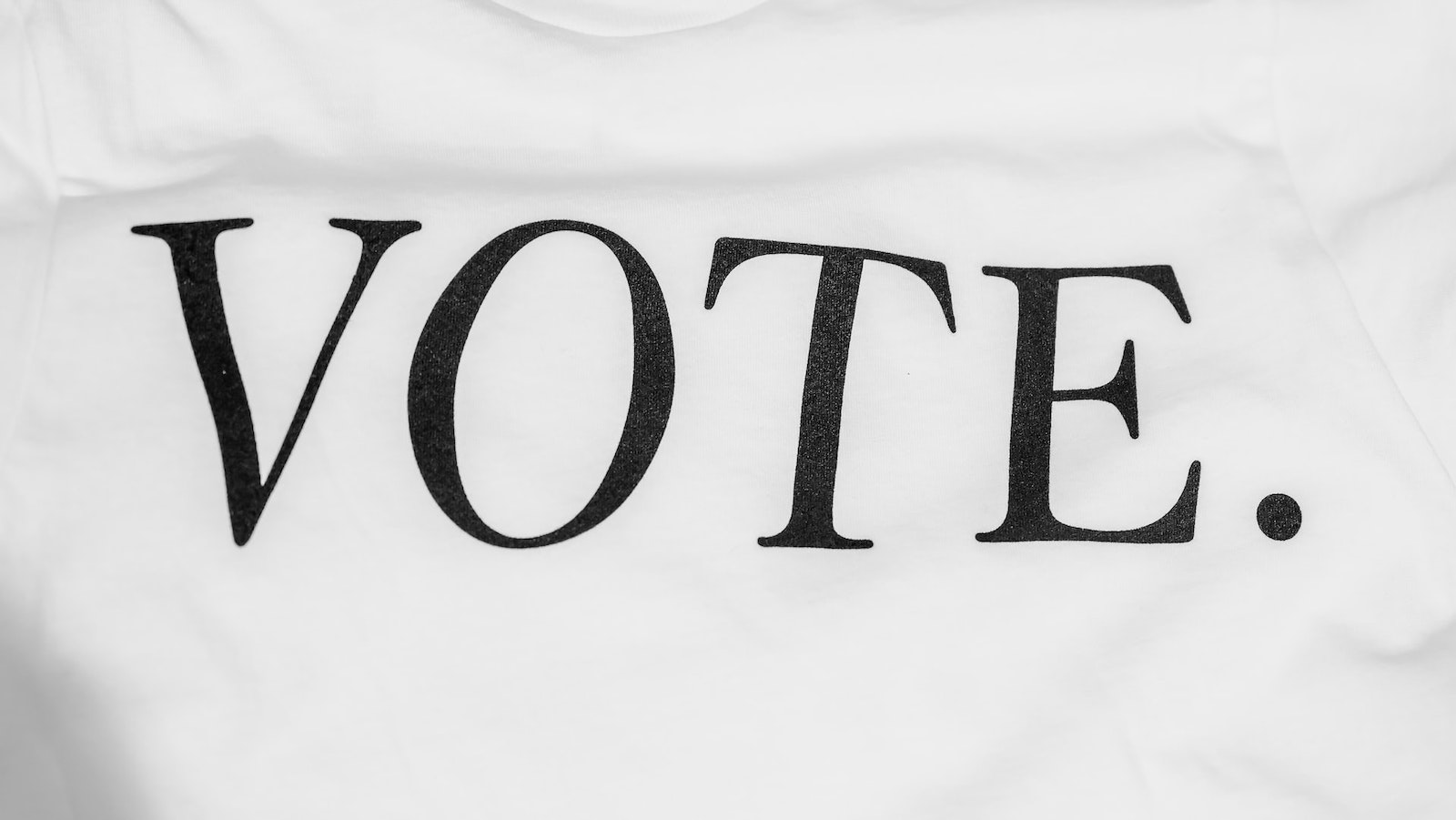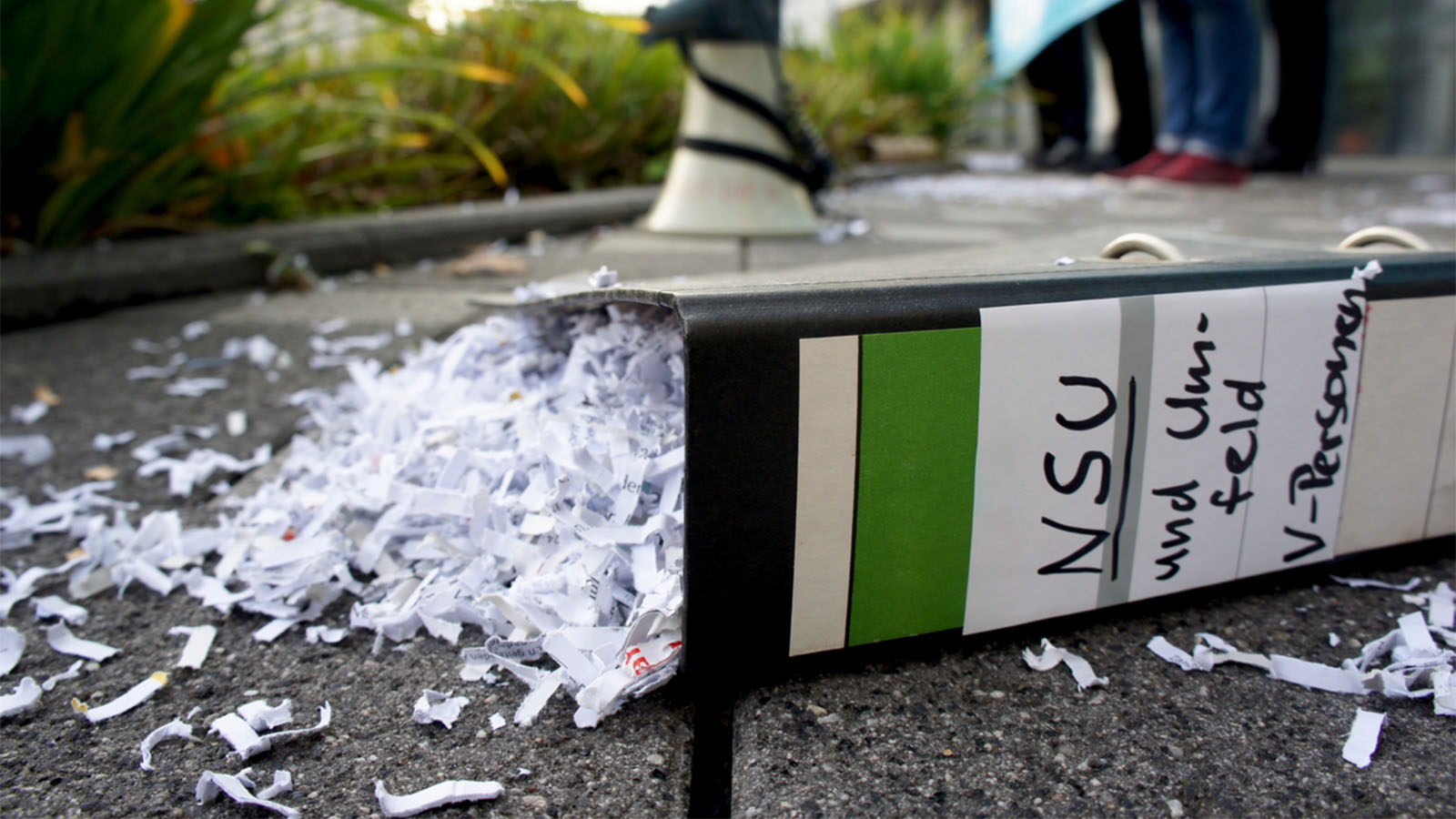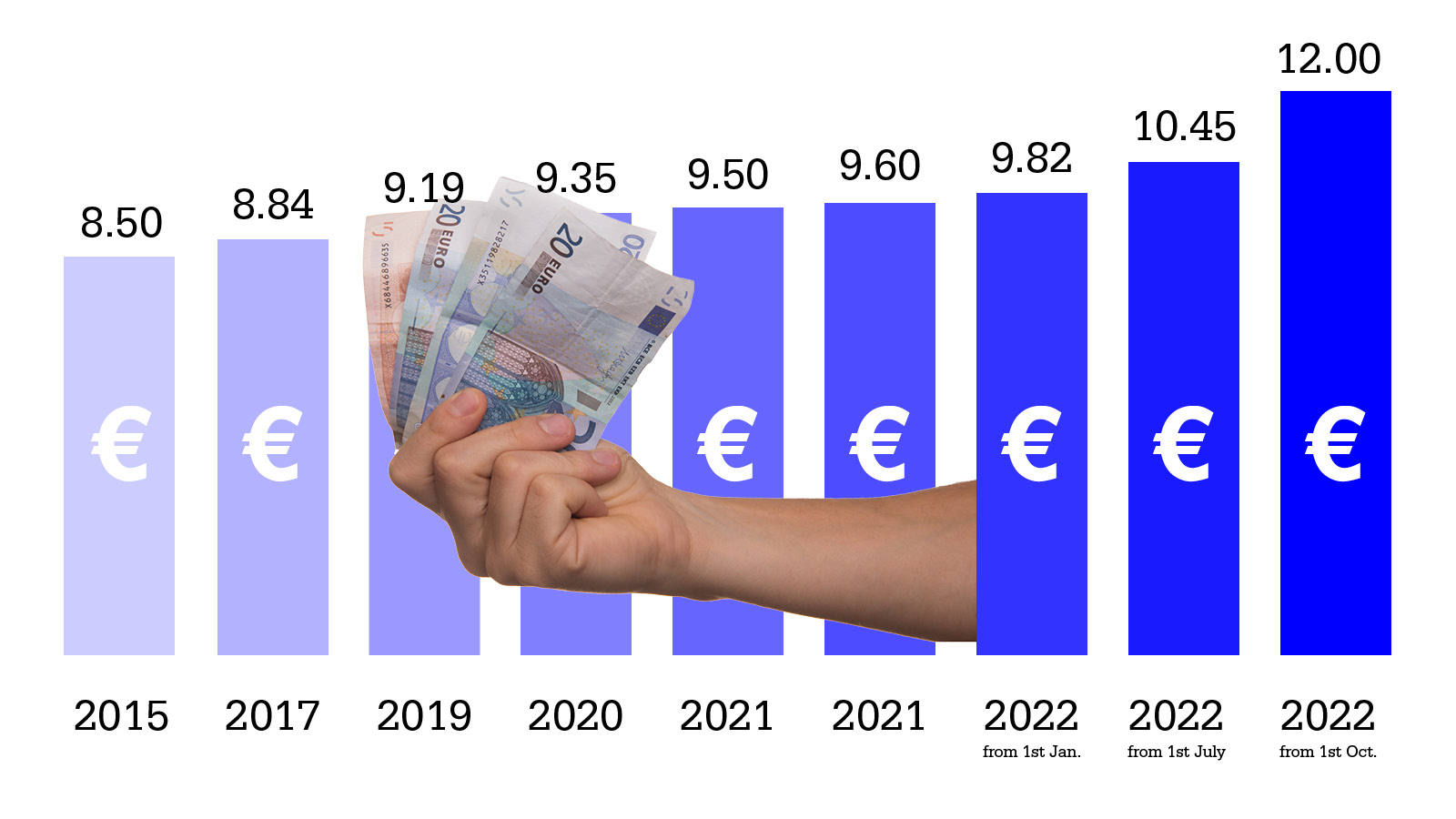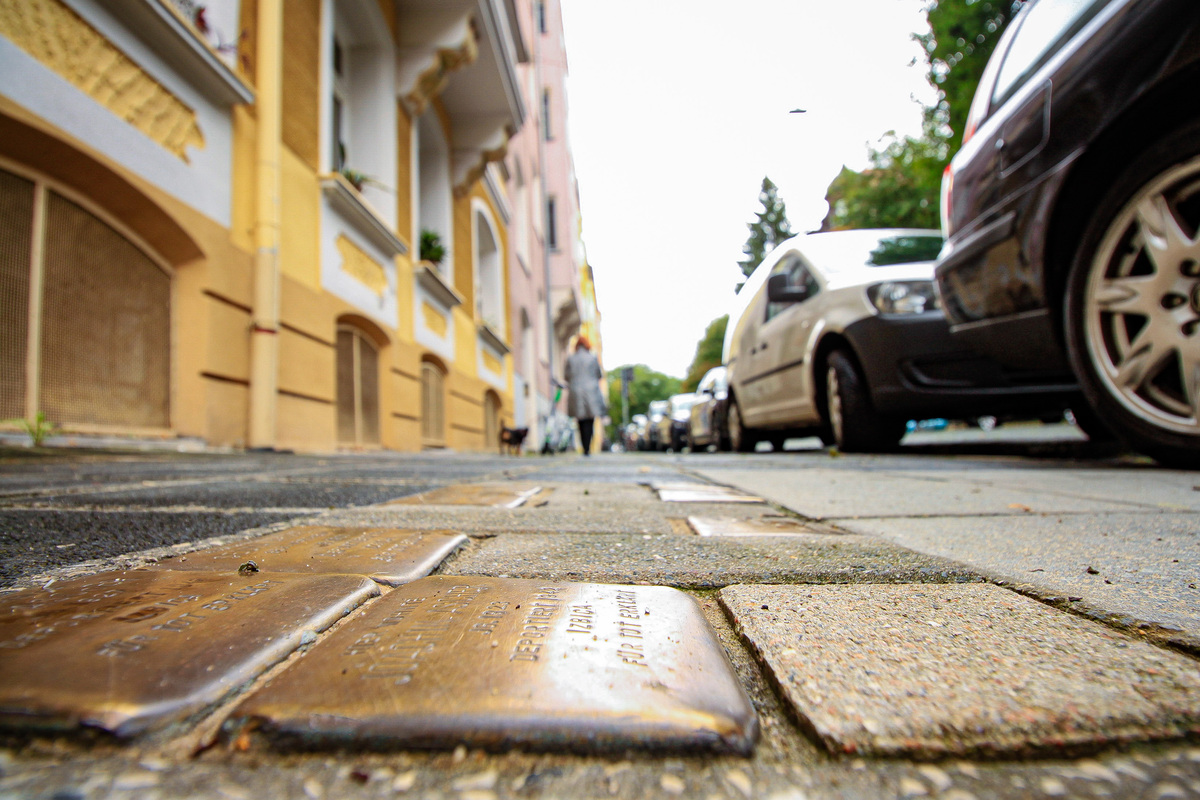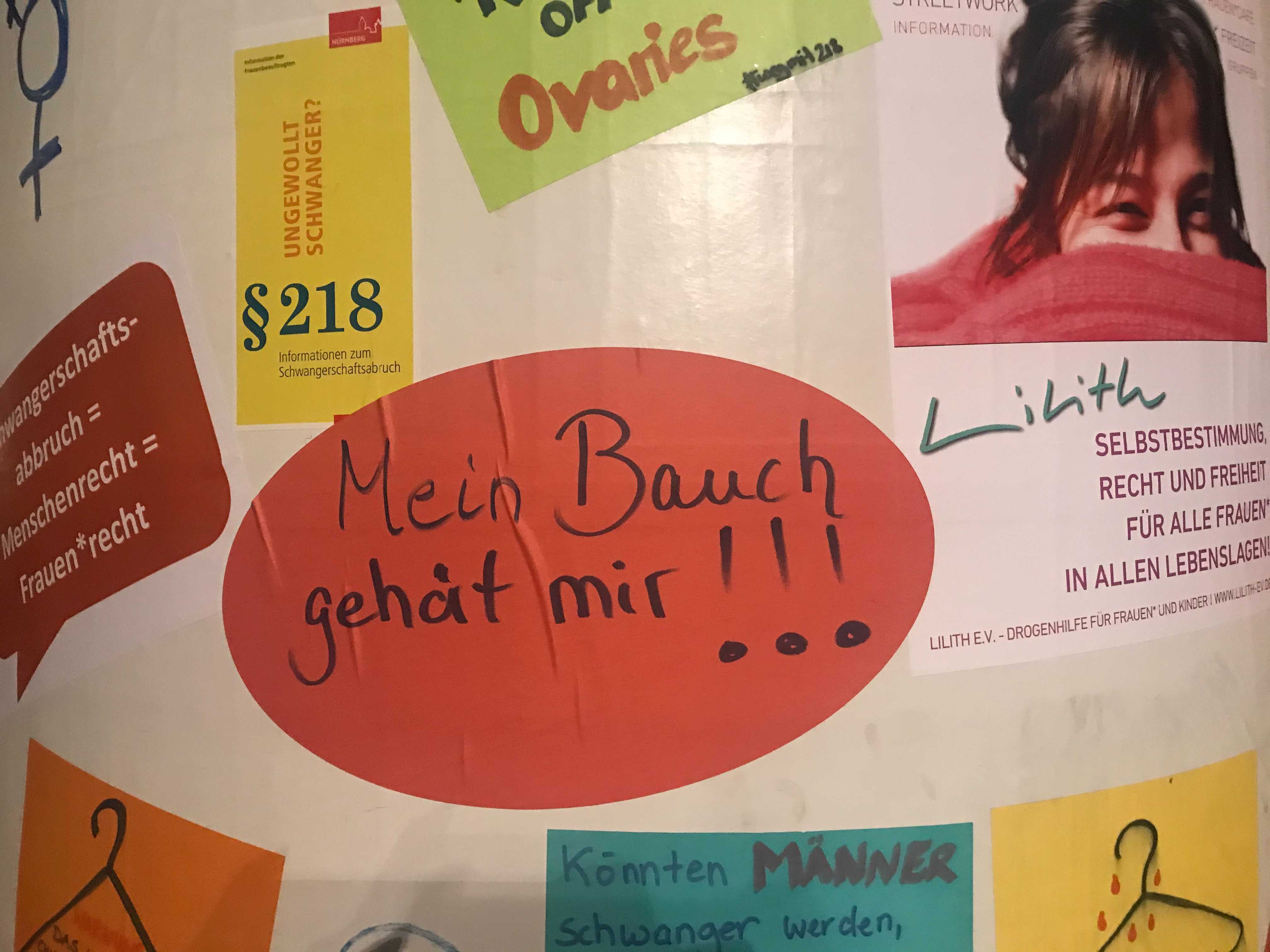‘Bundestagswahl’ (German Elections)
Every four years, German citizens elect a new ‘Bundestag’ (parliament), which then elects a Chancellor. Angela Merkel has held the position of Chancellor of Germany for almost 16 years. She is now stepping down and this is a great opportunity to understand how the federal election process works because whoever takes her place has large shoes to fill.
To start, only German citizens are allowed to vote in the federal elections. The one on 26th September 2021 is a federal election. Once a German citizen turns 18, they are automatically registered to vote. Several weeks before the election, eligible voters will get a notification telling them where their appointed polling station is and giving them some information about the voting procedure. They can then choose to cast a ‘Briefwahl’ (an absentee ballot), or go to the designated polling place on election day, which is always held on a Sunday or a public holiday.
On election day, eligible voters will go to polling places with their passports or IDs starting at 8am and ending at 6pm. These can be at schools, museums, and other public places. No outside pressure is allowed so everyone must make their own voting decisions. Upon entry, the poll workers double check that the person voting is eligible by checking the national database. All voting is done on paper behind a closed curtain in the ‘Wahlkabine’ (voting booth), and everyone must go into the ‘Wahlkabine’ alone. With these security measures, the elections seem secure and have had few to no problems in the last 70 years.
On the ballot, there are two things that voters need to vote for: the ‘Erststimme’ and the ‘Zweitstimme,’ translated to first vote and second vote.
For the ‘Erststimme’, the voters are voting for their local representative of the ‘Bundestag’ within their constituencies, of which there are 299 throughout Germany. The voters can vote for any person of any party on the ballot. There are two constituencies in the city of Nuremberg: North Nuremberg and South Nuremberg. The ‘Kandidate’ (candidate) who wins the majority vote within each constituency will be the representative of their electoral district. That vote directly elects a specific 299 members of the ‘Bundestag,’ these people are known as ‘Direktmandat’ (directly appointed).
For the ‘Zweitstimme’, the voters are voting for a political party. This can be different from the political party of the candidate from the first vote. There are 299 seats left to fill after the ‘Erststimme’ so they will allocate each remaining seat based on the percentage of votes each party receives. For example: if the party got 30% of the final votes, they would get 30% of the remaining 299 seats: 100 seats. Not every party will get a seat, though. Each party needs to get at least 5% of the national vote, or they need to win at least three constituencies nationwide in order to be counted in the seat allocation.
After they calculate the percentages of the vote each party received, they must level everything out so that each party is represented accurately according to the votes. Basically, if party A got 10 extra seats during the first vote than the second vote, they get to keep their extra 10 seats, ‘Überhangmandate,’ and the other parties get a few extra seats to level it out so they keep the correct percentages from the ‘Zweitstimme’: since Party A got extra seats, so do the other parties, ‘Ausgleichsmandate.’ This is why there are usually more than 598 seats filled by the ‘Bundestag.’ There can be up to 730 members of the ‘Bundestag.’ Currently, there are 709 members of the ‘Bundestag.’
Once they figure out how many seats each party gets, the parties bring out their ‘Landeslisten’ (state lists). These are a list of names of people from each party that are prioritized for who the parties believe should serve as their ‘Bundestag’ representative. If a party gets 65 seats, the first 65 names on the list are chosen as representatives of the party and they will be brought into the ‘Bundestag.’
Each party wins a different proportion of the votes and there is very rarely a party majority in the ‘Bundestag.’ Still, it is the newly elected ‘Bundestag’s’ job to elect a new Chancellor. The majority party will often form a ‘Koalition’ (coalition) with a smaller party within the ‘Bundestag’ in order to form a majority vote for the Chancellor of their choice. An absolute majority vote is required to elect the Chancellor. Voting is done by secret ballot by members of the ‘Bundestag.’ If the Chancellor cannot be chosen by a majority in the first round of voting by the members of the ‘Bundestag,’ a second round of voting will be held. They have 14 days to choose a new Chancellor. If they still cannot come to an absolute majority, a third round of voting will happen immediately and whoever receives the most votes wins and is elected Chancellor.
The Chancellor, once elected, gets to choose the members of their own cabinet.
What are your questions about the election?
German words:
- ‘Bundestagswahl’ = German Elections
- ‘Bundestag’ = Parliament
- ‘Briefwahl’ = a postal vote or an absentee vote
- ‘Wahlkabine’ = voting booth
- ‘Erststimme’ = first vote
- ‘Zweitstimme’ = second vote
- ‘Kandidate’ = candidate
- ‘Direktmandate’ = the group of candidates elected in the first vote for Parliament
- ‘Überhangmandate’ = overhang mandate
- ‘Ausgleichsmandate’ = the leveling seats; the extra seats each party gets because one party was given more seats
- ‘Landeslisten’ = the list of candidates each party has to fill the seats they are given after the second vote
- ‘Koalition’ = a coalition or alliance of parties
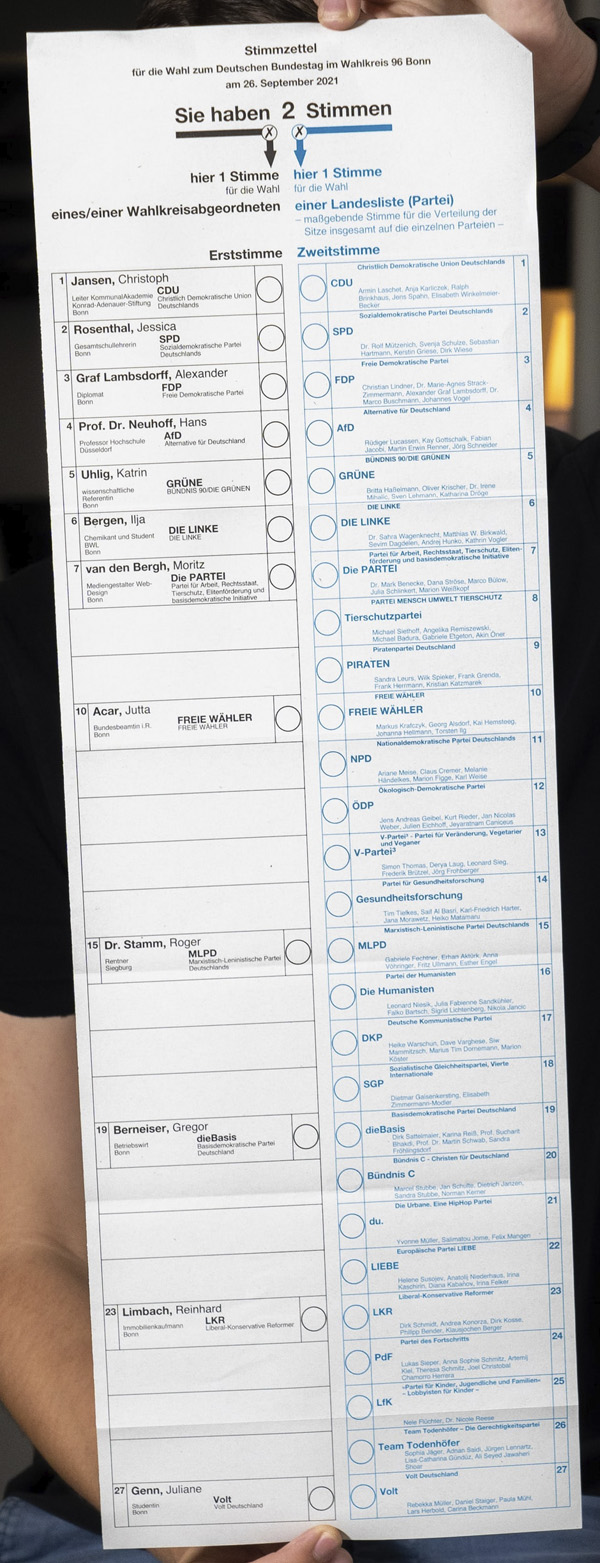
A Ballot Paper for a postal ballot in the voting district 96 in Bonn. Photo by Mika Baumeister on Unsplash
Sources:
How the Election Works:
https://www.dw.com/en/how-do-the-german-elections-work/av-59002836
https://www.bbc.com/news/world-europe-58311108
https://www.nytimes.com/2021/09/01/world/europe/germany-election-scholz-laschet-baerbock-merkel.html
https://www.dw.com/en/german-election-2021-governing-coalition-options/g-59031537
https://en.wikipedia.org/wiki/Electoral_system_of_Germany
https://www.’Bundestag’.de/en/parliament/elections/electionresults/election_mp-245694
https://www.bundeskanzlerin.de/bkin-en/chancellery/the-election-of-the-federal-chancellor
https://www.dw.com/en/german-election-2021-meet-the-parties-top-candidates/g-57657527
https://www.’Bundestag’.de/en/parliament/plenary/distributionofseats
https://www.youtube.com/watch?v=gn45xqlK0uA
https://www.explainity.de/englisch/german-election-system-easily-explained/
https://www.youtube.com/watch?v=xnvPoRethYI
https://www.deutschland.de/en/videos/federal-election-this-is-how-it-works
https://www.politische-bildung-brandenburg.de/themen/die-landeslisten-der-parteien-zur-‘Bundestag’swahl-2021#cdu
https://www.instagram.com/p/CS_ztiwMZ0N/?utm_medium=copy_link
https://www.iamexpat.de/expat-info/official-issues/elections-voting-rights-expats-germany
And my old roommate, Alex. Thanks Alex!




